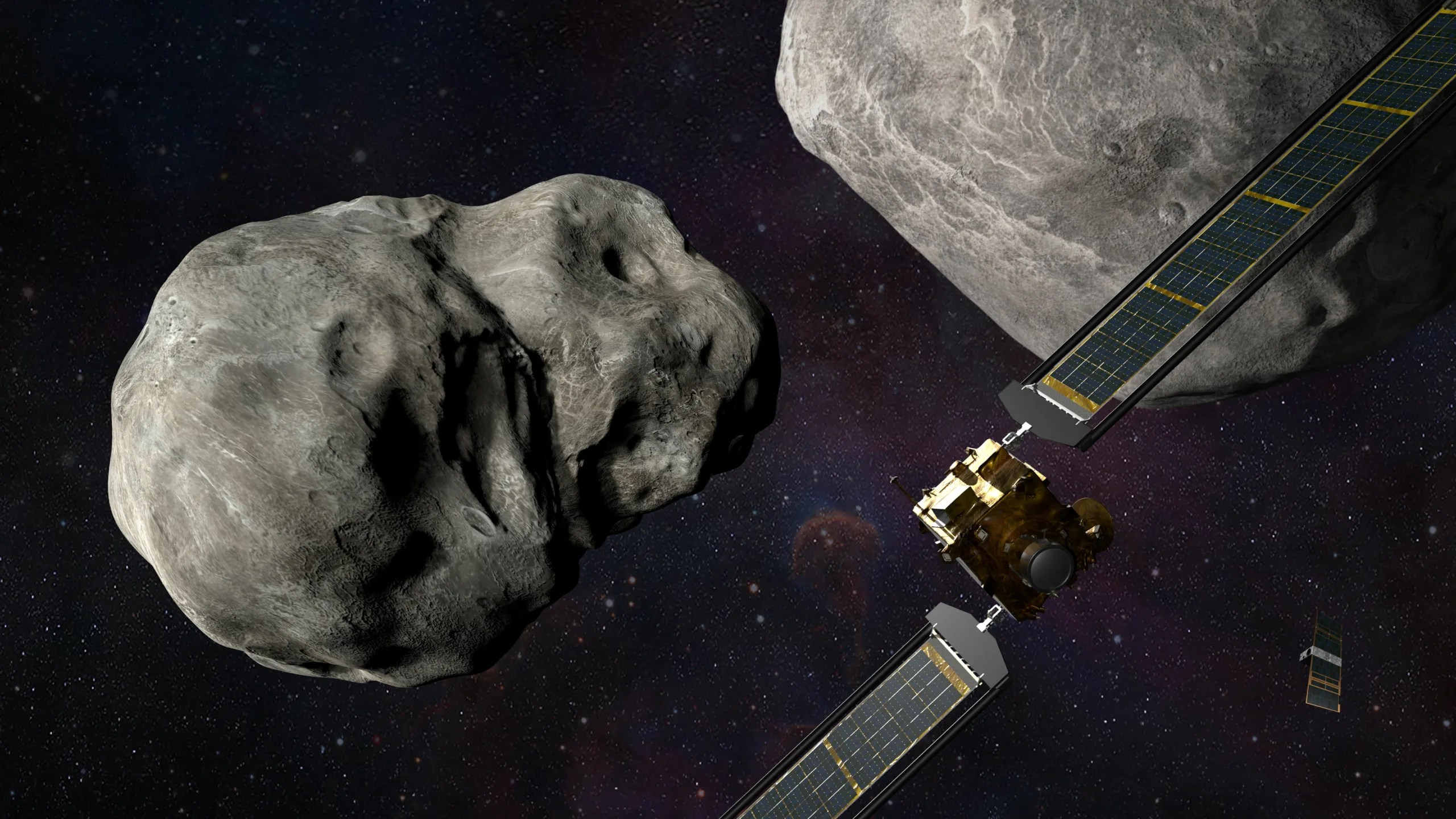NEWS WEEK
It is often assumed that modern humans are no longer evolving. But there is now considerable agreement among scientists that evolution is still affecting our species—and this process is taking place “more rapidly” than ever before, one expert told Newsweek.
While cultural and technological innovations now appear to be the main drivers of adaptation for modern humans, this has not replaced biological adaptation, according to scientists.
“I don’t think [the question of whether humans are still evolving] is fully appreciated by the general public,” Michael Granatosky, an evolutionary biomechanist at the New York Institute of Technology, told Newsweek. “Perceptions of evolution tout the phrase ‘survival of the fittest’, which automatically recalls epic battles between fighting individuals vying for a mate, or a ragtag bunch of animals surviving a cataclysmic event beyond all odds.”
“With these images, it is tempting to assume modern populations are no longer under selective pressures. However, evolution simply means a change in a population’s gene pool over successive generations. With this broader definition, I do not believe there is considerable debate among evolutionary biologists that humans are still evolving,” he said.
What Is Evolution?
From a genetic perspective, evolution is defined as a change in the frequency of certain genes through time, Jason Hodgson, an anthropologist and evolutionary geneticist at Anglia Ruskin University in the United Kingdom, told Newsweek.
Populations evolve in two primary ways: genetic drift and natural selection. Genetic drift refers to random fluctuations in the frequencies of certain genes between generations in populations.
“Some generations a genetic variant will increase in frequency, some generations it will decrease in frequency. However, it is always occurring,” Hodgson said. “The strength of genetic drift depends on the size of the population, with small populations experiencing more drift and large populations experiencing less. The ultimate fate of any genetic variant evolving through genetic drift is either to go extinct, or to completely replace all other variants in the population and become fixed.”
Natural selection, on the other hand, which people are more familiar with, occurs when a genetic variant provides a reproductive advantage to individuals that carry it. Changes in gene frequency due to natural selection are not random. The favored variant increases in frequency while all other variants decrease.
“The ultimate fate of a variant evolving through natural selection is to replace all other variants in the population,” Hodgson said. “Perhaps counterintuitively, natural selection is a stronger force in larger populations. This is because in large populations selection is not countered by genetic drift.”
Both natural selection and genetic drift continue to affect our species, thus, humans are “undoubtedly” still evolving, Hodgson said. Genetic drift continues to change the frequency of alleles—different versions, or variants, of a given gene—as it does in all biological populations.
“The census size of humans has now surpassed 8 billion people. In a population this size, genetic drift should be almost negligible. However, in reality humans are subdivided into much smaller groups, within which people are more likely to choose their mates,” Hodgson said. “This means that in practice evolution occurs in much smaller groups, and genetic drift does still operate…”



